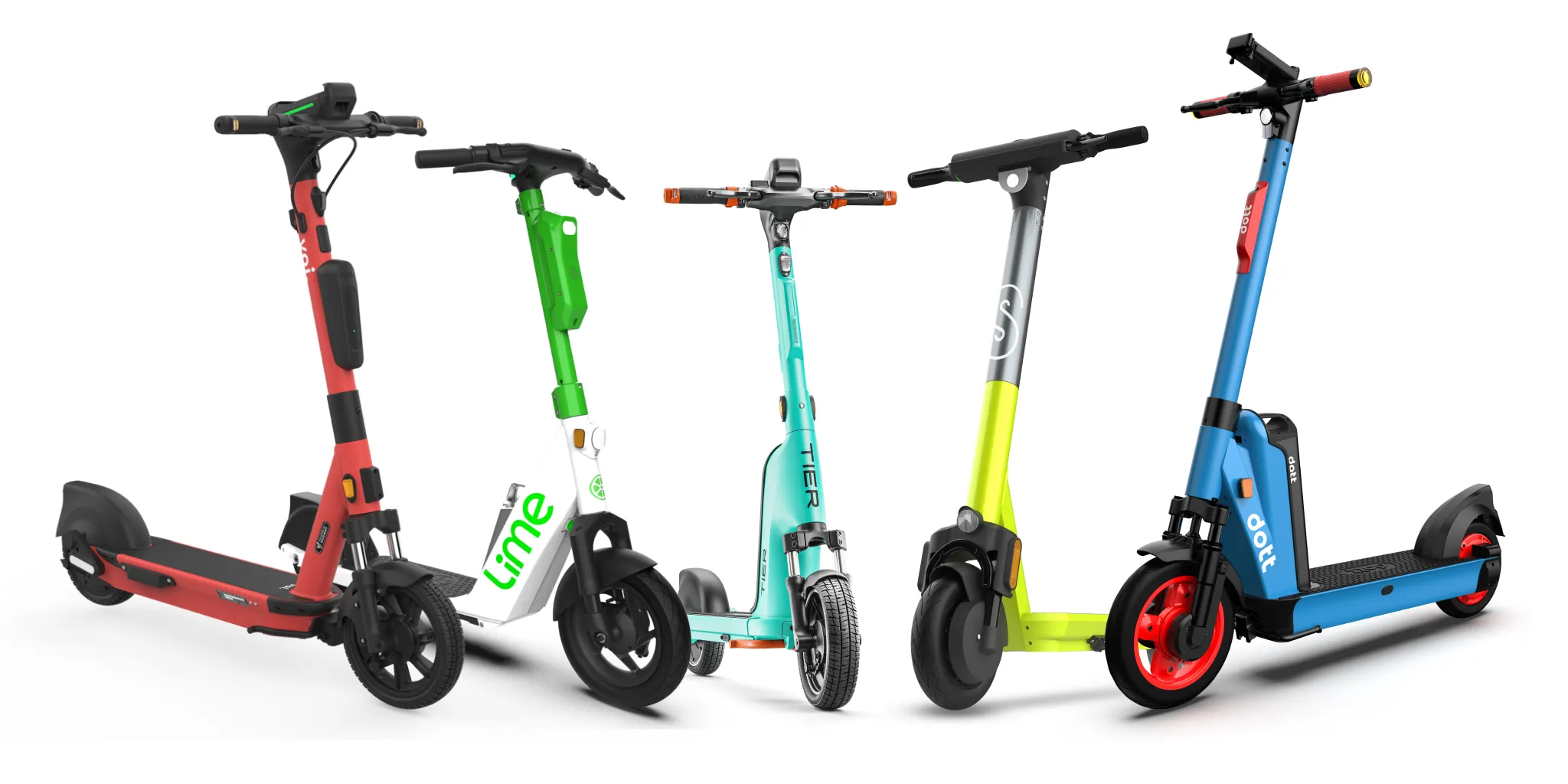As extreme pollution and congestion in urban areas coupled with limited transportation options continues to challenge major cities across the globe, market intelligence firm ABI Research, predicts an imminent rise in smart electric mobility. Data analysis forecasts global electric vehicle revenue will hit US$58 billion in 2021, more than five times its market value in 2015.
"The role of vehicle electrification in urban areas is part of a broader smart mobility model that includes shared vehicles, chargi
May 10, 2016
Read time: 3 mins
As extreme pollution and congestion in urban areas coupled with limited transportation options continues to challenge major cities across the globe, market intelligence firm 5725 ABI Research, predicts an imminent rise in smart electric mobility. Data analysis forecasts global electric vehicle revenue will hit US$58 billion in 2021, more than five times its market value in 2015.
"The role of vehicle electrification in urban areas is part of a broader smart mobility model that includes shared vehicles, charging options, and driverless electric vehicle fleets of cars, buses, trams, and light rail," says Susan Beardslee, ABI Research senior analyst. "No singular option prevails; in fact, innovative manufacturers are creating ways for them to converge."
Leading automotive manufacturers Ford and BMW, for instance, are looking to create electric bikes that could fit and charge inside of a car. The goal is for drivers to then be able to ditch their cars and use the bikes as a more eco-friendly mode of transportation to complete the last leg of long journeys. Similarly, Tier 1 companies, like Continental, are designing and manufacturing batteries and engines that can better accommodate small, personal electric vehicles.
China is one region pushing particularly hard to make electric vehicles a reality, with regional vendors like BYD outselling larger OEMs like Chevy, Nissan, and Tesla by miles. And as newer urban electric transportation categories continue to emerge, such as three-wheeled vehicles more commonly referred to as velomobiles, so too do opportunities for emerging markets and the elderly or disabled.
"The US is taking longer to embrace the trend, though, with many residents expressing hesitation to let go of their private, singular vehicles as we move toward a shared, smart mobility transportation model," continues Beardslee. "Once the price point of electric vehicles starts to drop, as evident with Tesla's Model 3 and the forthcoming Chevy Bolt, and manufacturers address range anxiety, we believe that the U.S. market will see a jump in its sales. Over time, we expect greater adoption through fleet purchases including Uber and Lyft."
Personal mobility companies VeloMetro and EcoReco, for instance, are embracing the shared fleet mentality. Both companies are rolling out innovative personal transport vehicles that they plan to pilot with universities and municipalities in the months ahead.
"While the market's current lack of sufficient standards and infrastructure is impacting the broader adoption of electric vehicles, we believe that the greater access, variety, and flexibility of electric vehicles and increasing urban congestion will positively influence future electric vehicle deployment and adoption," concludes Beardslee. "The long-term forecasting of global energy needs from Exxon shows the sobering impact of an unsustainable 35 per cent to 140 per cent increase in energy requirements. Global consortia and public and private partnerships will continue to be leading efforts resulting in necessary change to our transportation industry."
"The role of vehicle electrification in urban areas is part of a broader smart mobility model that includes shared vehicles, charging options, and driverless electric vehicle fleets of cars, buses, trams, and light rail," says Susan Beardslee, ABI Research senior analyst. "No singular option prevails; in fact, innovative manufacturers are creating ways for them to converge."
Leading automotive manufacturers Ford and BMW, for instance, are looking to create electric bikes that could fit and charge inside of a car. The goal is for drivers to then be able to ditch their cars and use the bikes as a more eco-friendly mode of transportation to complete the last leg of long journeys. Similarly, Tier 1 companies, like Continental, are designing and manufacturing batteries and engines that can better accommodate small, personal electric vehicles.
China is one region pushing particularly hard to make electric vehicles a reality, with regional vendors like BYD outselling larger OEMs like Chevy, Nissan, and Tesla by miles. And as newer urban electric transportation categories continue to emerge, such as three-wheeled vehicles more commonly referred to as velomobiles, so too do opportunities for emerging markets and the elderly or disabled.
"The US is taking longer to embrace the trend, though, with many residents expressing hesitation to let go of their private, singular vehicles as we move toward a shared, smart mobility transportation model," continues Beardslee. "Once the price point of electric vehicles starts to drop, as evident with Tesla's Model 3 and the forthcoming Chevy Bolt, and manufacturers address range anxiety, we believe that the U.S. market will see a jump in its sales. Over time, we expect greater adoption through fleet purchases including Uber and Lyft."
Personal mobility companies VeloMetro and EcoReco, for instance, are embracing the shared fleet mentality. Both companies are rolling out innovative personal transport vehicles that they plan to pilot with universities and municipalities in the months ahead.
"While the market's current lack of sufficient standards and infrastructure is impacting the broader adoption of electric vehicles, we believe that the greater access, variety, and flexibility of electric vehicles and increasing urban congestion will positively influence future electric vehicle deployment and adoption," concludes Beardslee. "The long-term forecasting of global energy needs from Exxon shows the sobering impact of an unsustainable 35 per cent to 140 per cent increase in energy requirements. Global consortia and public and private partnerships will continue to be leading efforts resulting in necessary change to our transportation industry."







